FM Zarif: Iran 'certainly dissatisfied' with EU commitment to JCPOA
Foreign Minister Mohammad Javad Zarif says Iran is definitely unhappy with the level of the Europeans' commitment to the implementation of the Joint Comprehensive Plan of Action (JCPOA).
Tehran is angry over a lack of European protection from US sanctions and has rolled back its commitments under the 2015 deal.
"We are certainly dissatisfied with the level of commitment by the European Union and member states to the implementation of the JCPOA," Zarif said on the sidelines of a regional conference in Istanbul on Monday.
The issue, Zarif said, "was raised explicitly by Iran and the two non-European members - namely Russia and China - in a remarkable coordination on Friday" when all the parties met in Vienna to assess the state of the nuclear agreement.
At the meeting, Britain, France and Germany reportedly demanded that Iran stop scaling back its commitments, but Iran’s top envoy to the talks reiterated that Tehran would continue reducing them unless it could benefit from the accord.
Iran has said the clock is ticking for the European parties, which are trying to keep the country in the deal but then take no action against "American bullying and pressure”.
The so-called E3 established a barter mechanism in January 2019, aimed at circumventing US sanctions against trade with Iran by bypassing dollar transactions, but the idea has remained essentially on paper.
Last month, Belgium, Denmark, Netherlands, Norway, Finland and Sweden decided to join the so-called INSTEX mechanism in a gesture which was welcomed by Iran.
Iran created the counterpart mechanism called Special Trade and Finance Instrument (STFI) in April and urged Europe to commit more to INSTEX.
Zarif on Monday described the membership of the six European countries in INSTEX as a "positive move" but said more had to be done.
"What we need to see is the operation of INSTEX, which is likely to be implemented in the future by signing an agreement between the Iranian and European sides of INSTEX," he said.
In their Friday meeting, Iran’s top envoy to the talks, Deputy Foreign Minister Abbas Araqchi, repeated that "until the time solutions are found so that Iran can benefit from the nuclear deal, Iran’s process of reducing commitments will continue.”
So far, Iran has exceeded the maximum amount of enriched uranium allowed under the JCPOA and resumed enrichment at Fordow facility.
Iran announces massive public funeral for 'Martyr Leader' Imam Khamenei
FM Araghchi: Trump betrayed diplomacy, Americans by attacking Iran
CIA turns to Kurdish militants to destabilize Iran after war failures: Report
Iran won’t remain silent in face of aggression: Envoy
Tehran warns EU against ‘Nazi mindsets,’ slams German backing of Israeli-US aggression
Iran agreed to nuclear concessions in Geneva talks – and then US-Israel bombed
Witkoff undermined Iran talks by peddling lies to build case for military aggression: Report
Scrutiny mounts over Trump’s Iran war amid contradictory claims, soaring costs: Reports


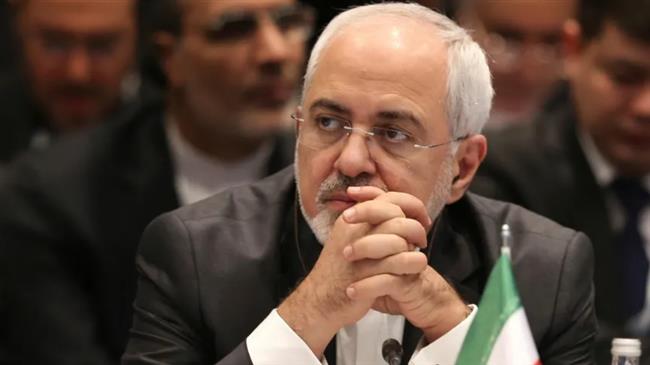

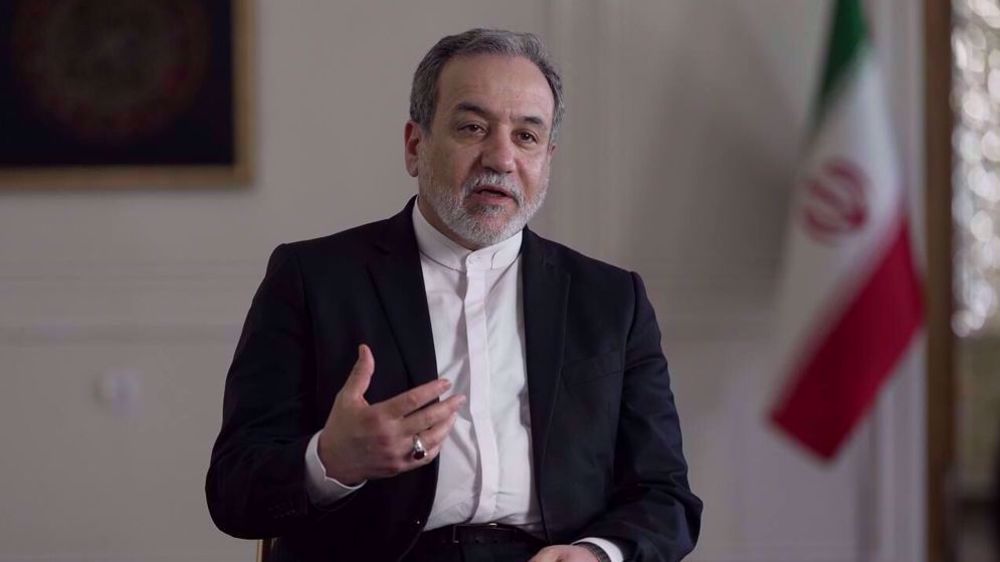
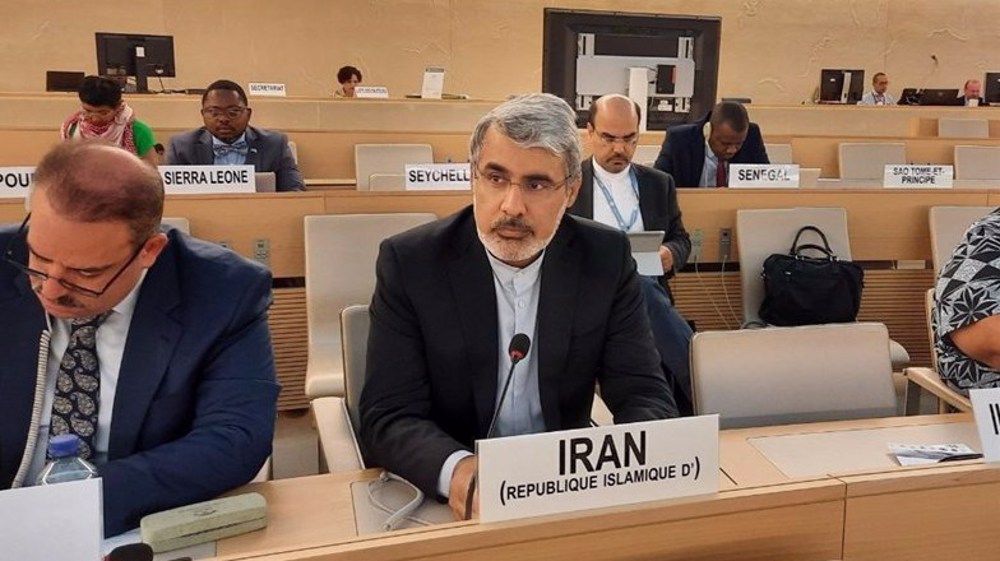
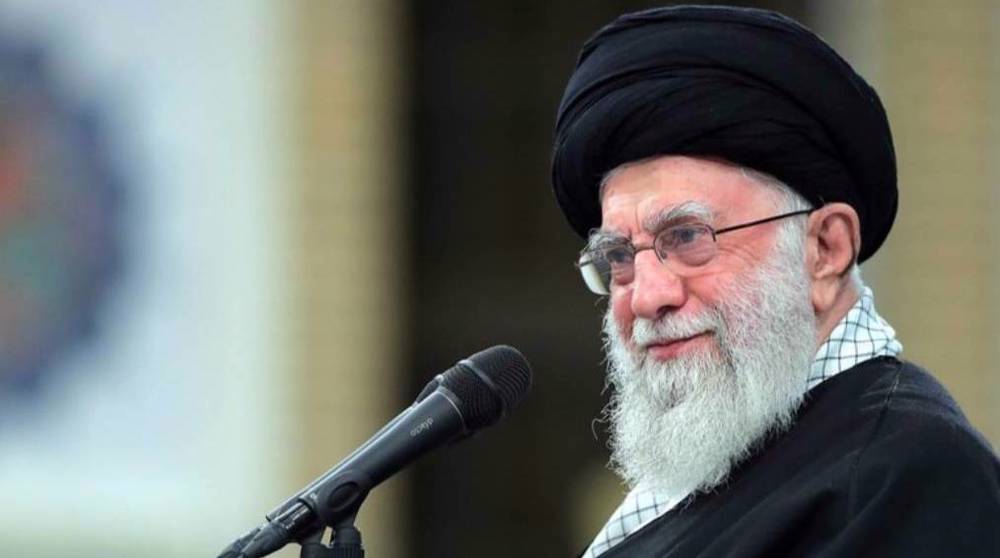



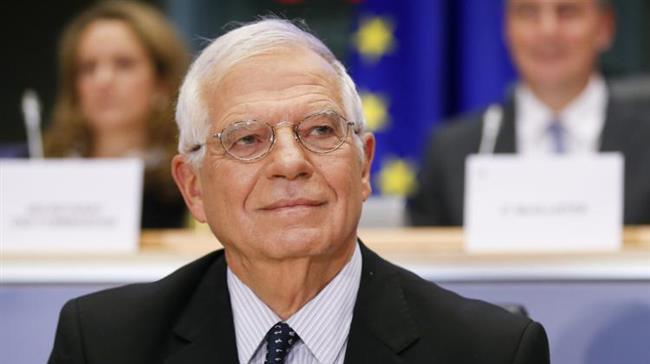

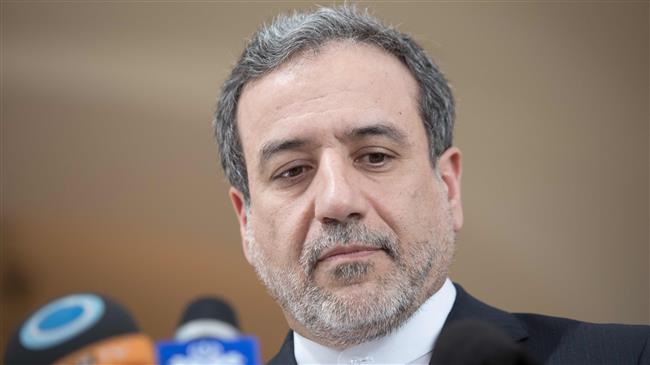

 This makes it easy to access the Press TV website
This makes it easy to access the Press TV website